Nutri-Score is new to me, but I’ve been hoping we’d start seeing a food-rating system that could be used to determine the general nutrition of things going into our body. This is how it works…
The health secretary said this news was a ‘major step’ towards empowering citizens to make better dietary choices.
In recent months, Dutch health authorities have conducted research into three different food selection logos: Keyhole, Traffic Lights and Nutri-Score. It found consumers ‘understand Nutri-Score best’.
The score awarded a food is based on the amount of calories, sugars, saturated fat, salt, protein, fibre, fruit, vegetables, legumes and nuts in the product.
NutriScore ranks foods from -15 for the ‘healthiest’ products to +40 for those that are ‘less healthy’. On the basis of this score, the product receives a letter with a corresponding colour code: from dark green (A) to dark red (F).
It’s currently in use or recommended by France, Belgium, Germany, Netherlands, Spain, Portugal, Switzerland, Slovenia, and Austria. It’s a great start, and I hope it moves to the USA soon.
